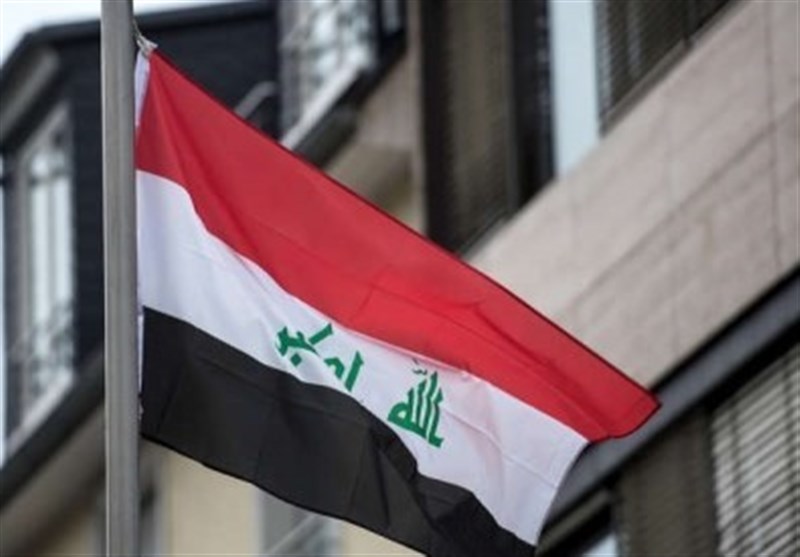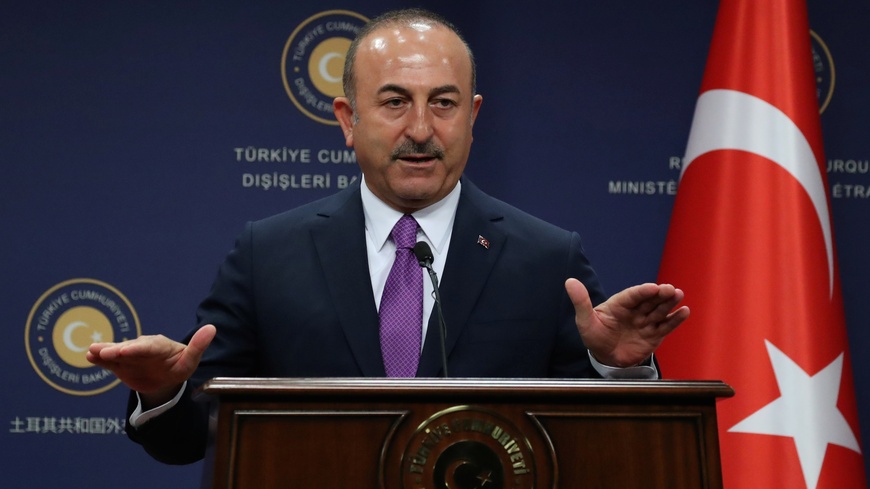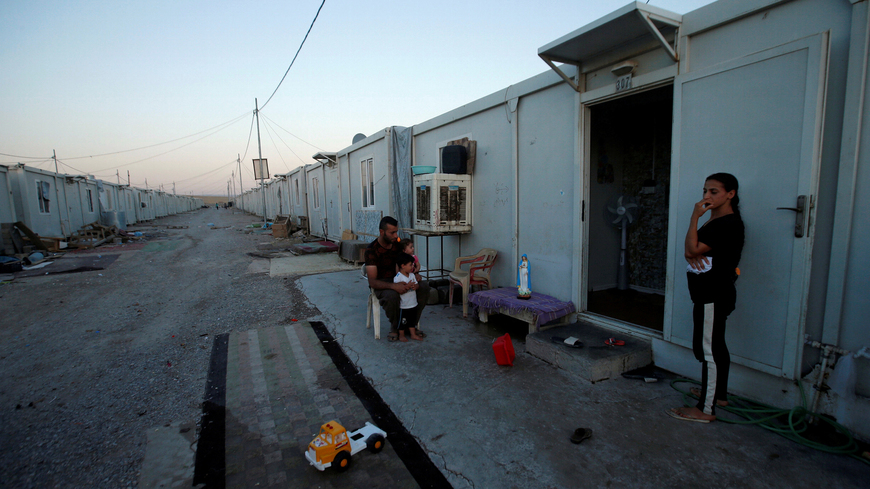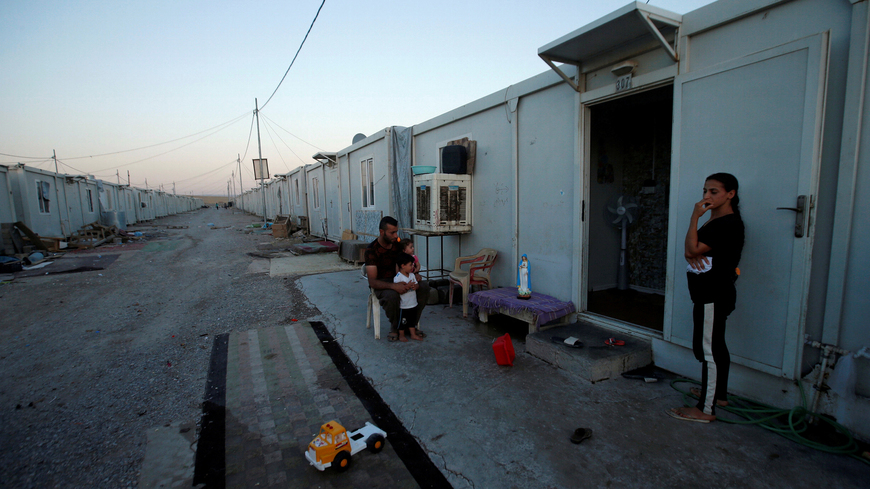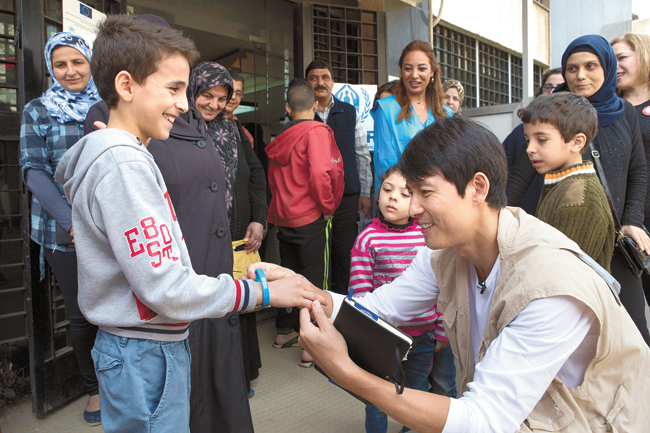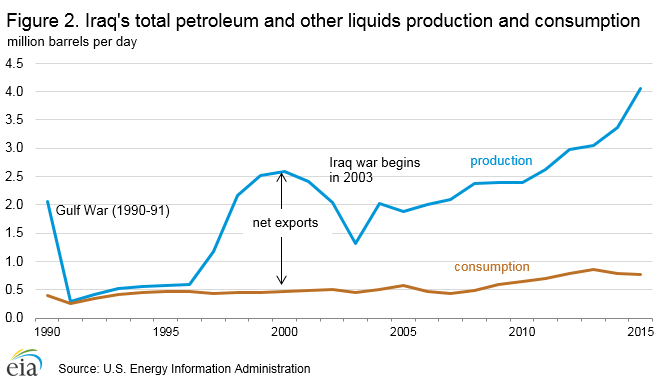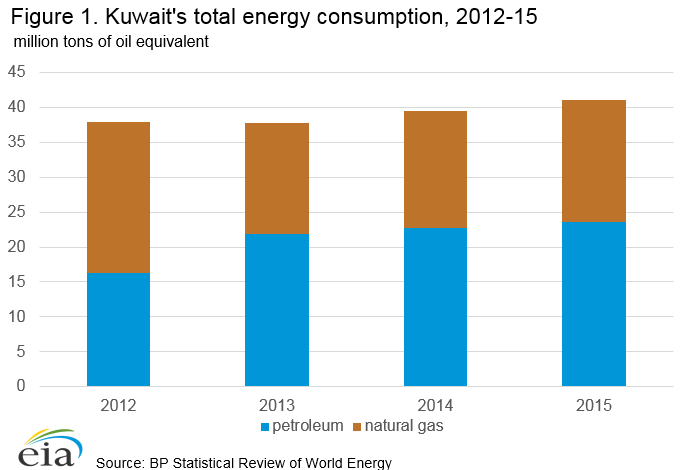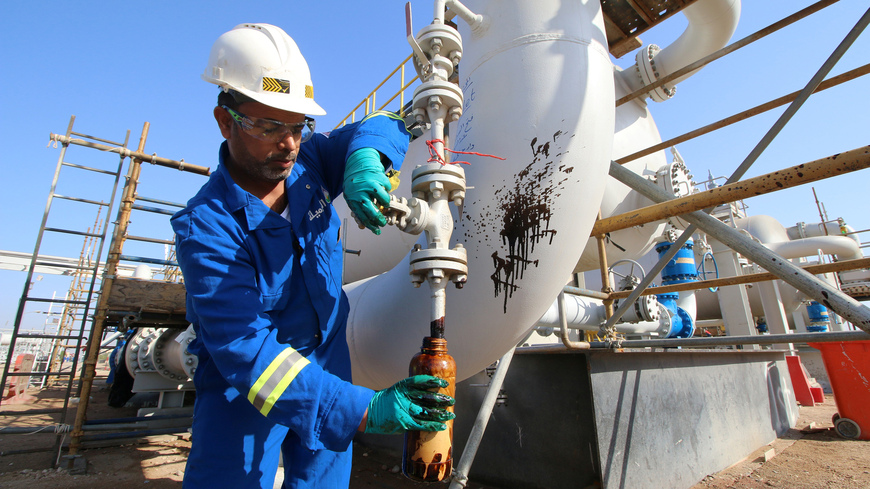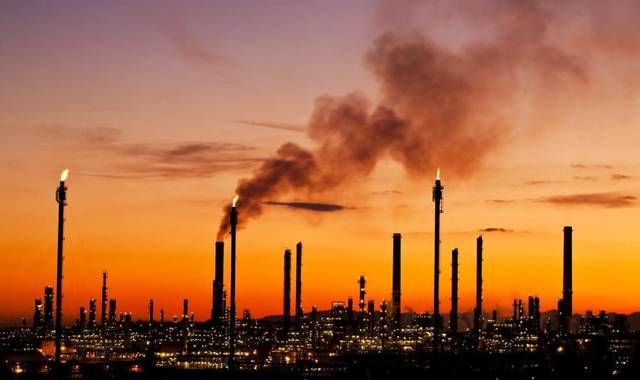Republic of Korea supports UNHCR’s humanitarian activities in Iraq
The Government of the Republic of Korea continues its support to UNHCR’s humanitarian activities in Iraq with a new donation of US$ 1.2 million.
Despite promising signs of recovery in parts of the country, millions of Iraqis still need comprehensive humanitarian and protection assistance. Some 1.9 million people are displaced; hundreds of thousands are in camps. Many will not be able to return home any time soon.
Rebuilding Iraq is no small task. As the country gets back on its feet, it is vital that the people who need emergency assistance continue to receive it for as long as they need it.
Communities affected by the recent conflict are beset by hardships. Thousands of vulnerable people arrive in UNHCR-managed camps every month because they cannot find work or pay rent in their home areas, because progress in clearing explosive hazards is slow, or because services like water and electricity are not functioning.
In July alone, 1,700 families – over 10,000 people – arrived in camps across Iraq. The majority of the new arrivals were displaced at least once before. With each displacement, people become more vulnerable.
H.E. the Korean Ambassador to Iraq, Mr. Song Woong-Yeob (pictured), said,
“The Republic of Korea is deeply committed to supporting humanitarian activities in Iraq and will continue to stand by Iraqi people who are in need of humanitarian assistance. I firmly believe that Korea’s continuing support for the activities through the Iraqi Government and international organizations like UNHCR will further help the endangered Iraqi people to recover and rebuild their communities by imbuing them with hope for a new future.”
Mr. Bruno Geddo, UNHCR’s Representative in Iraq.
““There is no quick fix for Iraq. For people to see tangible improvements in their lives we must continue to respond to the situation, and stand beside the Iraqi people until they can return home safely. Sustainable return is a cornerstone of long-term peace and stability, and thanks to donors like the Republic of Korea, UNHCR is able to backstop Iraq’s journey to recovery. We will support the country’s most vulnerable people for as long as they need us.”
(Source: UN)

